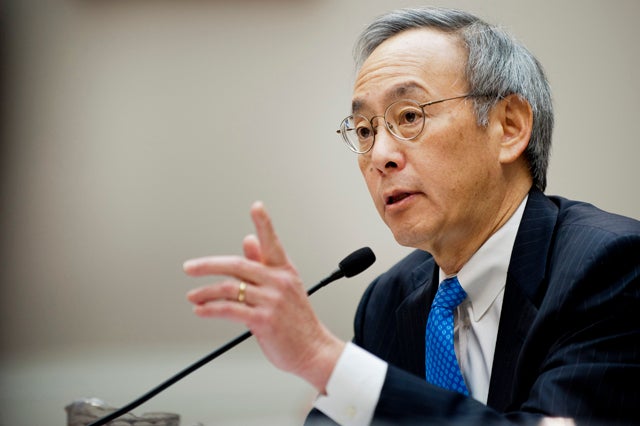Secretary Chu’s $10 Million Fiasco
Diane Katz /
During a hearing last week of the Energy and Natural Resources Committee, Wyoming Senator John Barrasso (R) asked Energy Secretary Steven Chu a seemingly simple question: “(D)o you think a $50 light bulb is affordable for American families?”
“No, absolutely not,” Chu replied.
Well, if that’s the case, why did Chu award a $10 million top prize for a $50 light bulb in his department’s competition for an “affordable” light? (FYI: The winner, Philips Lighting N.A., a division of the Netherlands-based Royal Philips Electronics, was the only contestant.)
Equally ludicrous is the notion that a government contest was necessary to “incentivize” the development of new lighting technologies, as claimed by Chu, who holds a Ph.D. in physics but doesn’t seem to have a clue about household budgets, light bulb manufacturing, or basic principles of economics.
In fact, there’s no shortage of bulbs that have come to market since Congress and President George W. Bush effectively banned Thomas Edison’s gift to mankind. Store shelves are loaded with an assortment of compact fluorescents and so-called LEDs (light-emitting diodes). All that’s missing is the practical and affordable $1 incandescent variety that the expensive new bulbs are intended to replace.
There’s an awful lot of “incentivizing” in Washington these days related to energy, what with the federal government dictating how we fuel our vehicles, light our homes, heat our water, cook our meals, wash our clothes, power our mowers, and all the rest. Obviously, Americans just don’t know what’s good for them. But fiascos like the $50 light bulb certainly demonstrate that Chu and his ilk are making really lousy choices for the rest of us. Manufacturers don’t need a government contest as incentive to turn out products of value—as long as they are allowed to compete for customers without interference from Congress, the White House, and the Department of Energy.

